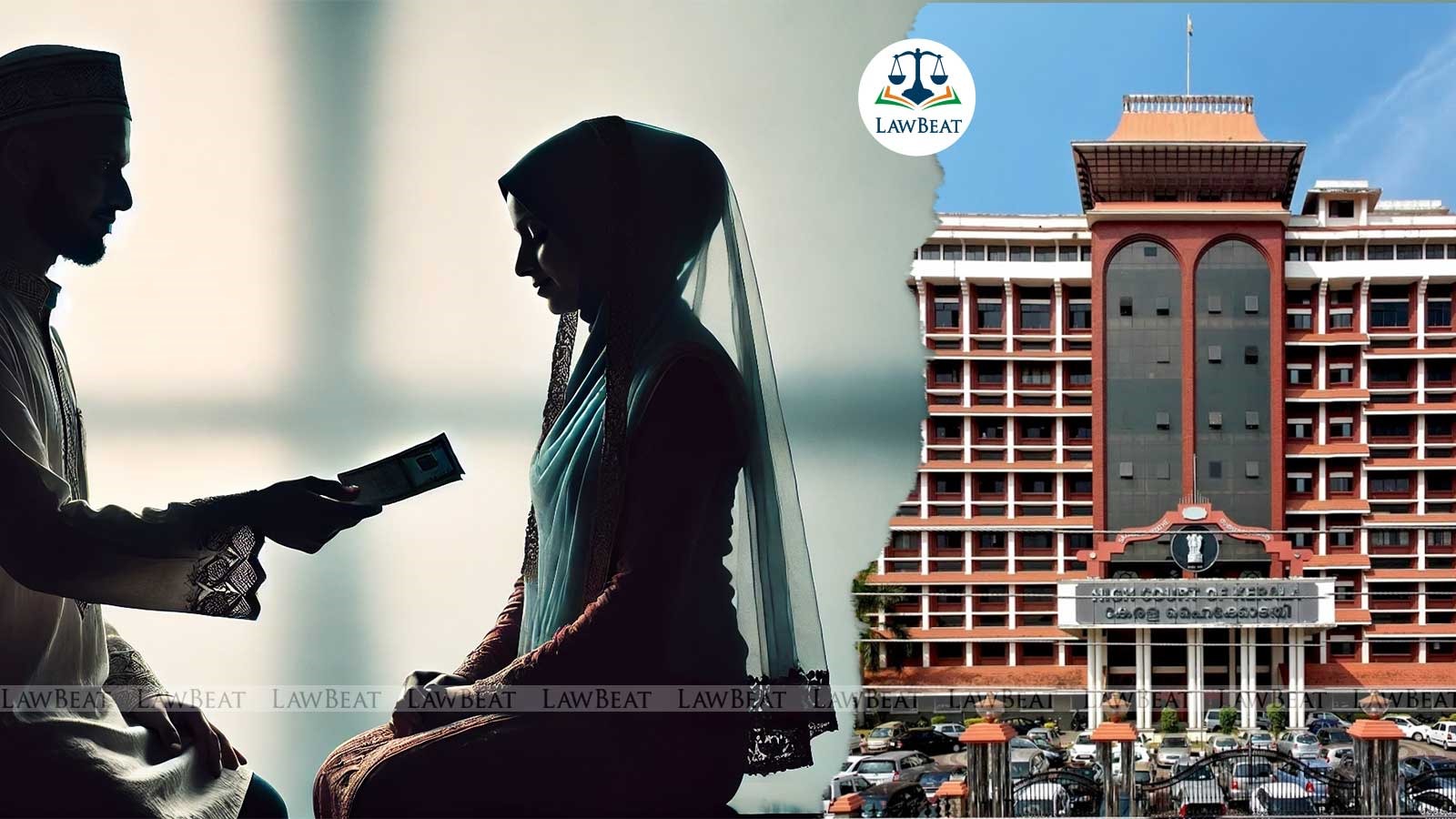Muslim Divorced Woman Entitled to Maintenance Beyond Iddat Period : Kerala HC

The court emphasised that maintenance should meet the woman's future needs in the current socio-economic scenario, ensuring "reasonable and fair provision and maintenance"
The Kerala High Court has ruled that a Muslim divorced woman is entitled to reasonable and fair provision and maintenance for her future, not just during the iddat period, but extending beyond it until she remarries. The court clarified that this entitlement is not limited to the iddat period alone.
The court, presided over by Justice A. Badharudeen, underscored the responsibility of former husbands to provide fair and reasonable maintenance, as stipulated under the Muslim Women (Protection of Rights on Divorce) Act, 1986, and the Code of Criminal Procedure (CrPC). The court cited the landmark judgment delivered by the apex court in the case of ‘Mohd. Ahmed Khan v. Shah Bano Begum and others’ (1985) and reiterated that “if the divorced wife is unable to maintain herself before the iddat period, the husband should provide her maintenance . But when she is unable to maintain herself after the period of iddat, she is entitled to seek remedy under Section 125 of Cr.P.C.”
The case revolved around a divorced Muslim woman (1st respondent), who had sought maintenance from her former husband (petitioner) under the provisions of the Act of 1986. The petitioner opposed the trial court's decision before the High Court, arguing that the wife was not entitled to the relief sought. The trial court had, after considering the evidence, ruled in favour of the wife, ordering the grant of Rs.9 lakh as maintenance with a simple interest @ 6% per annum from the date of filing of the petition to the date of realisation of that amount.
The husband contended that the maintenance awarded was not justified, given the circumstances. He argued that his former wife, being well-educated and from a financially stable family, did not require such a provision. The petitioner further emphasised that the trial court had not adequately considered her qualifications and financial background, asserting that she should be self-sufficient.
On the other hand, the wife presented evidence of her former husband's income and lifestyle, arguing that the maintenance amount was necessary to meet her and her child's needs, given the socio-economic scenario and their previous standard of living. The wife also presented evidence showing that her former husband was drawing a substantial salary as a lab technician in Doha, Qatar, and that the maintenance awarded was based on rational calculations.
The High Court considered three key questions :
Period of Entitlement: What is the period for which a divorced Muslim wife is entitled to receive reasonable and fair provision and maintenance?
Essentials for Granting Maintenance: What are the essential factors to be considered while granting reasonable and fair provision and maintenance?
Calculation Basis: What is the basis on which reasonable and fair provision and maintenance should be calculated in terms of Section 3 of the Muslim Women (Protection of Rights on Divorce) Act, 1986?
The court answered the first question in favour of the wife, upholding the trial court's decision. The court emphasised that the law mandates the provision of fair and reasonable maintenance to divorced Muslim women. It further noted that the Act of 1986 does not absolve former husbands from their obligations by merely paying customary dues. Instead, the maintenance provided must be sufficient to meet the future needs of the woman, in line with the prevailing socio-economic conditions.
“Going by the statutory provisions, Section 3(1)(a) [of the 1986 Act] provides that a reasonable and fair provision and maintenance to be made and paid to her within the iddat period by her former husband and Section 3(1)(b) provides that where she herself maintains the children born to her before or after her divorce, a reasonable and fair provision and maintenance to be made and paid by her former husband for a period of two years from the respective date of birth of such children,” the court observed.
With regards the second question, the court held that while determining the maintenance amount, the status of the parties, the capacity and ability of the former husband to pay, and all other attendant circumstances must be considered. The court emphasised that the provisions of the 1986 Act mandate that a divorced Muslim woman should be provided with fair and reasonable provision and maintenance by her former husband, including during the `iddat’ period, payment of Mahar, and return of properties given at the time of marriage or thereafter. The court rejected any argument by the former husband to avoid this statutory liability by claiming he had paid customary dues.
Regarding the third question, the court noted the absence of a clear statutory formula for calculating reasonable and fair provision and maintenance. To fill this legislative gap, the court referred to the multiplier method used in motor accident compensation cases, specifically from the ‘Sarla Verma v. Delhi Tranport Corporation’ and ‘National Insurance Company Ltd. v. Pranay Sethi’ cases. The court applied this method to determine the amount, adjusting it according to the age of the divorced wife and other relevant factors.
In the specific case at hand, the trial court had initially set the monthly income of the former husband at Rs. 5,000 and used a 15-year multiplier, arriving at a total of Rs. 9 lakh. However, the High Court recalculated the amount based on the divorced wife's age (44 years) and reduced the multiplier to 14, which led to a revised amount of Rs. 7,56,000.
Conclusively, the court upheld other reliefs granted by the lower courts but reduced the overall maintenance amount to Rs. 7,56,000.
Cause Title: SHAJI AHAMMED v SALEENA [CRL.MC NO. 4247 OF 2023]
